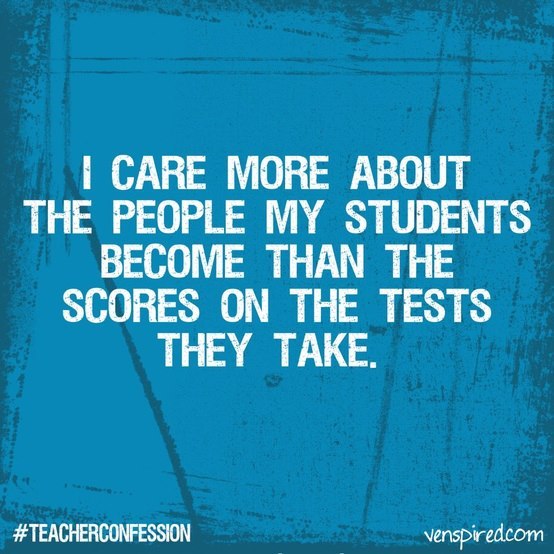Studies are showing that kids that don't master elementary math skills in the first grade are unlikely to do well in higher grades. I've seen this in my own kids. If they are really behind in math by the time they reach 3rd grade, they're not likely to ever catch up. Seeing the lack of attention my grandson's 1st grade teacher is giving to math, I really wonder if we are devoting enough of our resources to early math education.
First Grade Math Can Shape Children?s Overall Math Abilities : Experts : Counsel & Heal
First Grade Math Can Shape Children?s Overall Math Abilities : Experts : Counsel & Heal
Last edited:


 My response was, "Who was your first grade teacher?"
My response was, "Who was your first grade teacher?" Then I patiently educated the poor thing.
Then I patiently educated the poor thing.